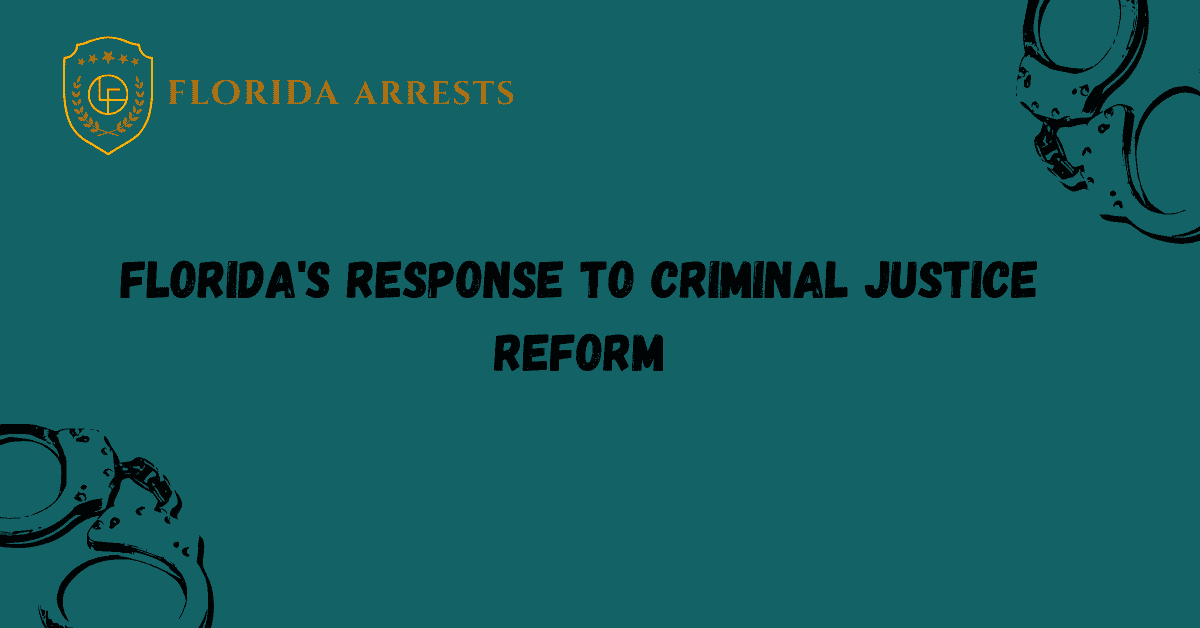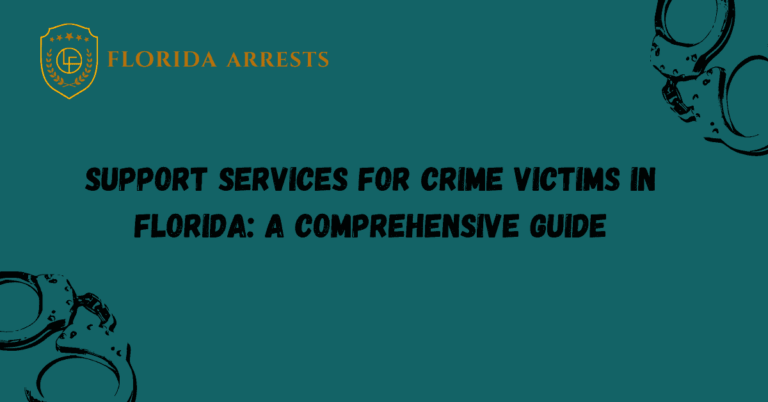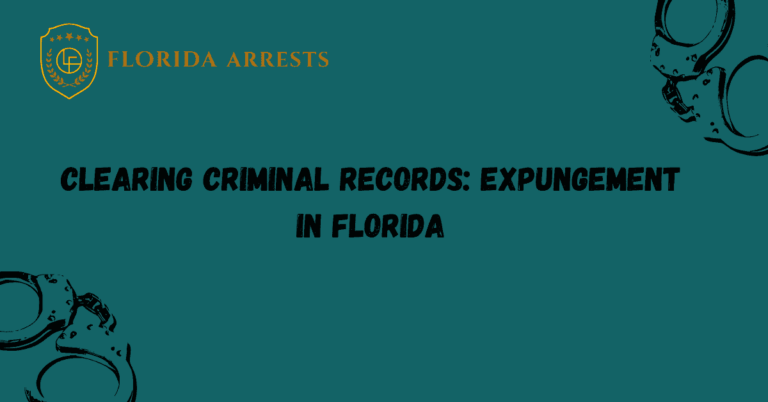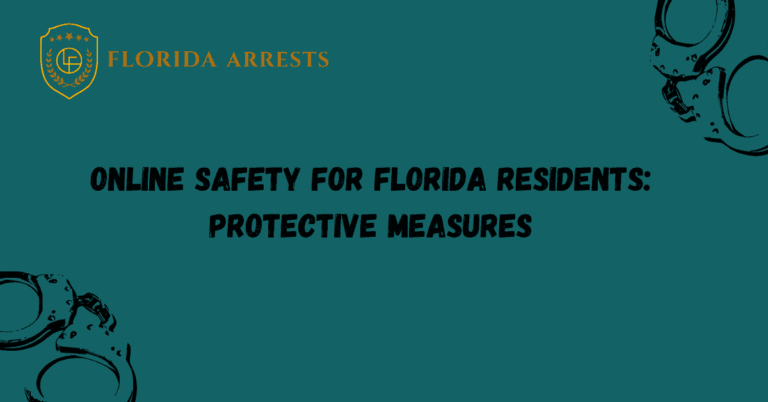Florida’s Response to Criminal Justice Reform
Florida has been at the forefront of criminal justice reform in recent years. Recognizing the need for change, the state has implemented various initiatives aimed at reducing recidivism rates and improving rehabilitation efforts. These efforts have not only led to a decrease in crime rates but have also brought about a positive impact on the lives of individuals within the criminal justice system.
One of the key focuses of Florida’s response to criminal justice reform has been on providing better access to education and vocational training for incarcerated individuals. By equipping them with the necessary skills and knowledge, Florida aims to increase their chances of successful reintegration into society upon release. This approach not only helps individuals find meaningful employment but also reduces the likelihood of them returning to a life of crime.
Initiatives to Reduce Recidivism Rates
One of the key focuses of Florida’s criminal justice reform efforts has been on reducing recidivism rates. By implementing various initiatives, such as providing education and vocational training for incarcerated individuals, the state aims to equip them with the necessary skills and knowledge to successfully reintegrate into society upon release. This proactive approach not only helps individuals find meaningful employment but also reduces the likelihood of them returning to a life of crime.
Improving Rehabilitation Efforts
Florida recognizes the importance of rehabilitation in the criminal justice system. By investing in programs that focus on rehabilitation rather than solely punitive measures, the state aims to address the underlying causes of criminal behavior and help individuals make positive changes in their lives. These rehabilitation efforts include counseling, therapy, and substance abuse treatment, providing individuals with the necessary support to overcome challenges and lead productive lives.
Positive Impact on Crime Rates
Florida’s commitment to criminal justice reform has led to a significant decrease in crime rates. By implementing initiatives that focus on rehabilitation, education, and vocational training, the state has effectively addressed the root causes of criminal behavior, resulting in a safer community. This positive impact on crime rates not only benefits individuals within the criminal justice system but also enhances public safety for all residents of Florida.
Access to Education and Vocational Training
One of the key strategies in Florida’s response to criminal justice reform is providing better access to education and vocational training for incarcerated individuals. By offering educational programs and vocational courses, the state aims to equip individuals with the necessary skills and knowledge to secure employment upon release. This approach not only increases their chances of successful reintegration into society but also empowers them to break the cycle of crime through meaningful employment and economic stability.
Reducing the Financial Burden
Florida’s criminal justice reform efforts have also focused on reducing the financial burden associated with incarceration. By providing education and vocational training, the state aims to reduce the likelihood of individuals returning to prison, thus saving taxpayer dollars. Additionally, by equipping individuals with the skills to secure employment, Florida reduces the strain on social welfare programs and promotes self-sufficiency.
FAQs
What is Florida’s response to criminal justice reform?
Florida has been actively working towards criminal justice reform by implementing various initiatives and policies. These include investing in alternatives to incarceration, such as diversion programs and drug courts, to provide rehabilitation and support to individuals struggling with substance abuse or mental health issues.
How is Florida addressing recidivism rates?
Florida is focusing on reducing recidivism rates by offering comprehensive reentry programs that provide job training, education, and housing assistance to individuals upon their release from prison. This approach aims to address the underlying factors that contribute to criminal behavior and provide support for successful reintegration into society.
What measures has Florida taken to promote fair sentencing?
Florida has implemented reforms to promote fair sentencing, such as revising mandatory minimum sentences and expanding eligibility for early release programs. Additionally, the state has established guidelines to ensure consistency in sentencing and reduce disparities in the criminal justice system.
How is Florida addressing the issue of overcrowded prisons?
Florida is working towards reducing prison overcrowding by implementing strategies such as expanding community-based supervision programs, promoting diversion for non-violent offenders, and investing in reentry programs. These efforts aim to provide a more cost-effective and sustainable approach to managing the prison population.
What steps has Florida taken to improve the juvenile justice system?
Florida has made significant efforts to improve its juvenile justice system by implementing diversion programs, expanding community-based alternatives to detention, and emphasizing rehabilitation and treatment over incarceration for young offenders. The state is committed to providing age-appropriate interventions and support to help juveniles successfully reintegrate into society.
What role does collaboration play in Florida’s criminal justice reform efforts?
Collaboration is a key aspect of Florida’s criminal justice reform efforts. The state works closely with various stakeholders, including law enforcement agencies, community organizations, and advocacy groups, to develop and implement effective policies and programs. This collaborative approach ensures a comprehensive and well-rounded response to criminal justice reform.






